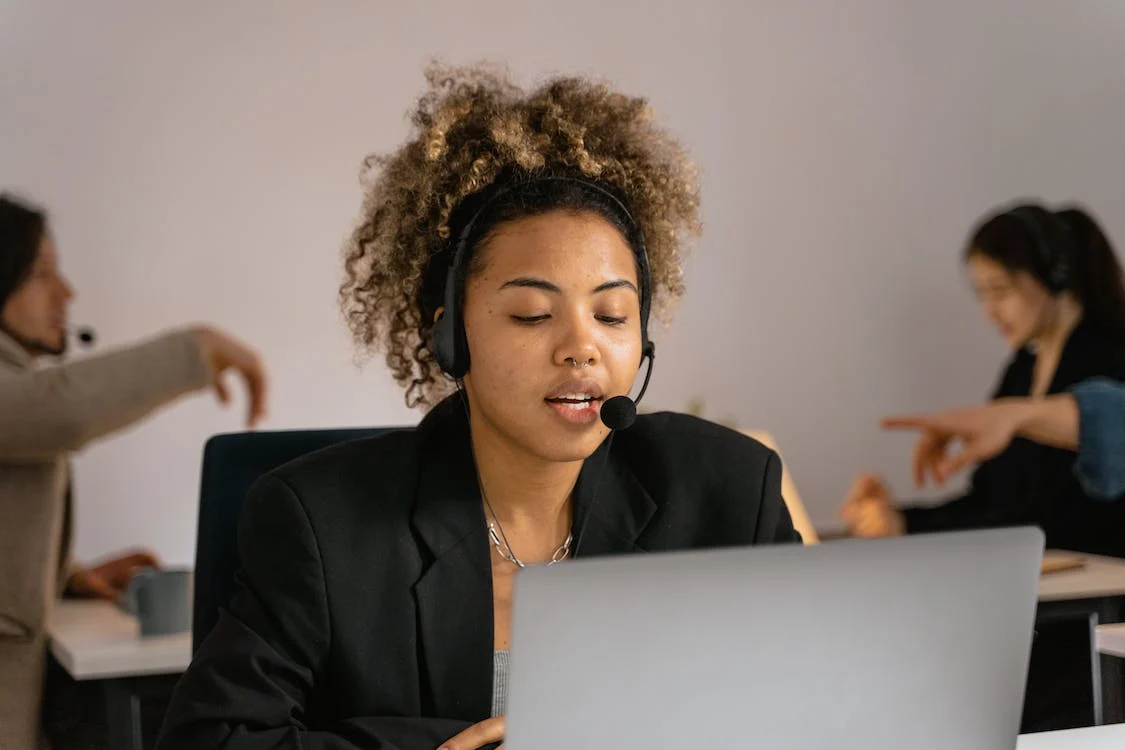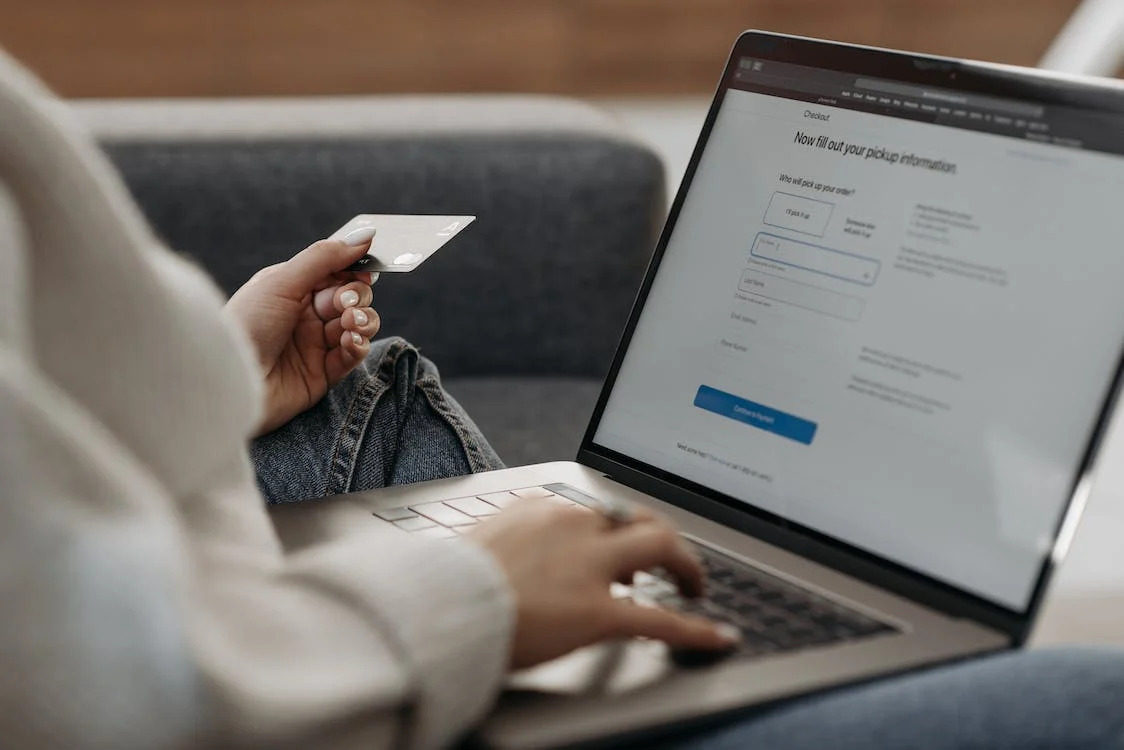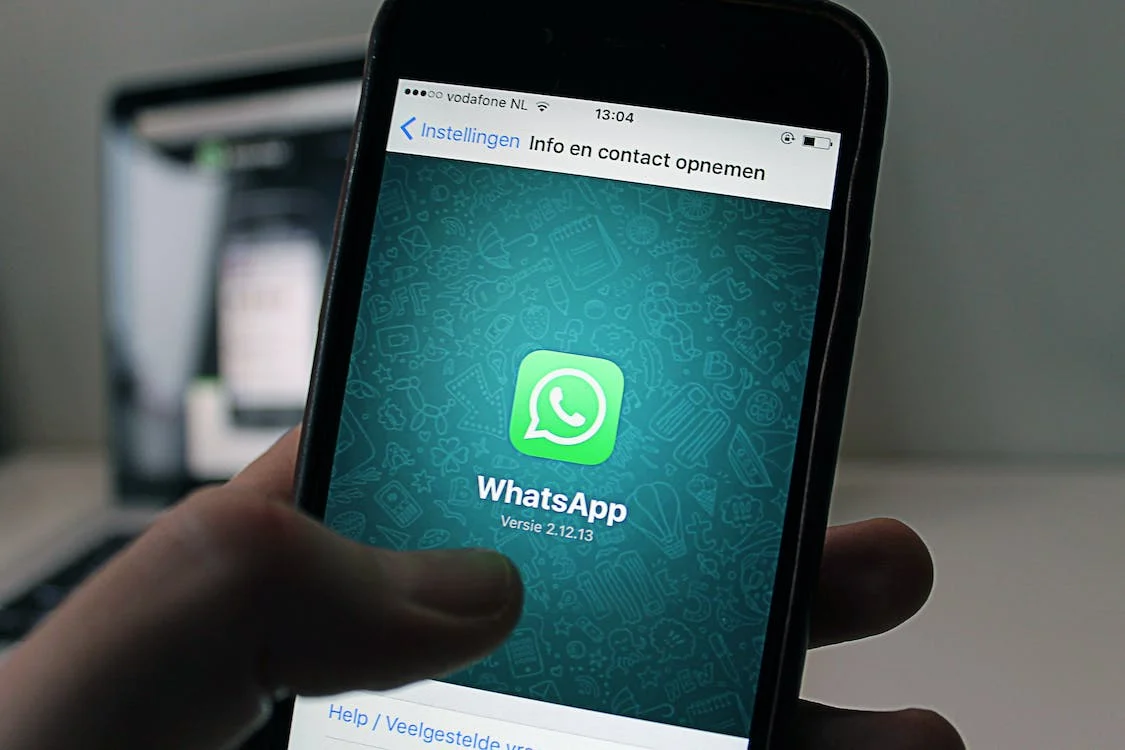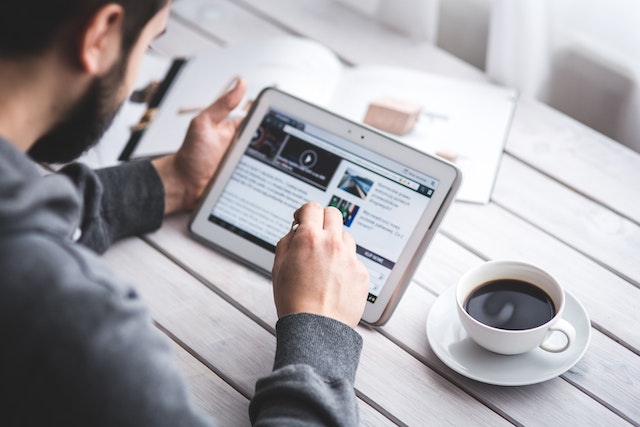Introduction
Have you ever received a message from a business that felt like it was written just for you? Maybe it used your name or referenced a previous purchase you made. How did it make you feel? Personalization is becoming increasingly important in modern marketing, as customers expect a more personalized and tailored experience.
The world of business is constantly evolving, and the way we communicate with our customers has changed significantly in recent years. With the rise of messaging apps, businesses now have more opportunities than ever before to connect with their customers on a personal level. WhatsApp is one of the most popular messaging apps in the world, and it’s an excellent tool for building one-on-one relationships with your customers. In this blog post, we’ll explore the power of personalization and how to use WhatsApp to build stronger relationships with your customers.
The Benefits of Personalization in Building Customer Relationships
Using a customer’s name in an email is only one aspect of personalization. It’s about tailoring your communication to their preferences, behaviours, and interests. When done right, personalization can increase customer satisfaction and loyalty. Customers are more likely to buy from a business that understands their needs and preferences, and that provides a personalized experience.
Personalization can also impact customer experience and perception. When customers feel that a business understands them and is catering to their needs, they’re more likely to have a positive perception of the business. This positive perception can lead to increased customer loyalty, repeat purchases, and referrals.

Using WhatsApp for Personalized Communication with Customers
WhatsApp is a powerful tool for personalized communication with your customers. It’s a messaging app that allows you to send text, images, audio, and video messages. WhatsApp is a popular communication channel for many people, and it’s a great way to reach your customers where they are. With WhatsApp, you can send personalized messages, provide customer support, and share valuable content with your customers.

WhatsApp is also more personal than other communication channels, such as email or social media. When you send a message on WhatsApp, it appears in the same place where your customers chat with their friends and family. This creates a more intimate and personal experience, which can help build stronger relationships with your customers.
Strategies for Building One-on-One Relationships with Customers on WhatsApp
To build strong relationships with your customers on WhatsApp, it’s important to use personalized communication strategies. Here are some tips for building one-on-one relationships with your customers on WhatsApp:
Send Personalized Messages
Personalized messages are a great way to show your customers that you understand their needs and preferences. You can use customer data to personalize your messages, such as their name, location, or previous purchase history. This can help make your messages more relevant and engaging.
For example, you could send a personalized message to a customer on their birthday, offering them a special discount or gift. Or, you could send a message referencing a previous purchase they made, and suggesting a related product that they might be interested in.
Respond Quickly
When customers reach out to you on WhatsApp, it’s important to respond quickly. Quick responses can help build trust and credibility with your customers. Customers expect fast and efficient communication, and WhatsApp is a great way to provide that.
You can use WhatsApp’s features, such as read receipts and typing indicators, to let your customers know that you’re working on their request. This can help reduce anxiety and uncertainty for your customers and build trust in your business.
Share Relevant Content
Sharing relevant content with your customers can help keep them engaged and interested in your business. You can share news, updates, or educational content that’s relevant to your customers’ interests or needs.
For example, if you run a fitness business, you could share workout tips, healthy recipes, or motivational quotes with your customers on WhatsApp. This can help position your business as a trusted source of information and support.
Use Multimedia
Multimedia, such as images, videos, and audio messages, can help make your communication more engaging and memorable. You can use multimedia to showcase your products or services, share behind-the-scenes content, or provide visual instructions or tutorials.
For example, if you run a fashion business, you could share images or videos of your latest collection with your customers on WhatsApp. This can help them see your products in action and get a better sense of their style and quality.
Provide Personalized Customer Support
WhatsApp can also be a great tool for providing personalized customer support. You can use WhatsApp to respond to customer queries, resolve issues, and provide product recommendations or guidance.
When providing customer support on WhatsApp, it’s important to be prompt, friendly, and helpful. You can use WhatsApp’s features, such as voice messages or screen sharing, to provide more detailed or visual support.
Here are some statistics on the use of WhatsApp by businesses
According to a survey by Nielsen, WhatsApp is the most popular messaging app used by businesses, with 67% of surveyed companies using it for customer engagement.
A survey by Twilio found that 87% of consumers globally want to use messaging to communicate with businesses.
In a survey by Facebook, 69% of respondents said they preferred to use messaging to communicate with businesses over other channels like email or phone.
A study by HubSpot found that businesses that use WhatsApp as a communication channel has reported higher engagement rates, better customer satisfaction, and increased sales.
WhatsApp has reported that over 175 million people message a WhatsApp Business account every day.
A study by Infosys found that 59% of consumers who have experienced personalization say it has a significant influence on their shopping decisions.
According to a report by Evergage, 74% of marketers believe focused personalisation boosts consumer engagement.
A report by Accenture found that 91% of consumers are more likely to shop with brands that recognize, remember, and provide relevant offers and recommendations.
A survey by Deloitte found that personalized experiences can increase customer loyalty by up to 80%.
These statistics demonstrate the growing trend of businesses using WhatsApp to communicate with customers, and the potential benefits of doing so, such as higher engagement and customer satisfaction. By leveraging WhatsApp as a communication tool, businesses can connect with their customers in a more personal and efficient way, leading to better relationships and increased sales.
Conclusion
Building one-on-one relationships with your customers is essential for any business. Personalization is the key to building strong relationships, and WhatsApp is an excellent tool for achieving this. By sending personalized messages, responding quickly, sharing relevant content, using multimedia, and providing support, you can build stronger relationships with your customers and improve their overall experience with your business. So why not give it a try and start using WhatsApp to connect with your customers today?
Get in touch for detailed information about whatsapp marketing at RP IT Solutions.




0 Comments